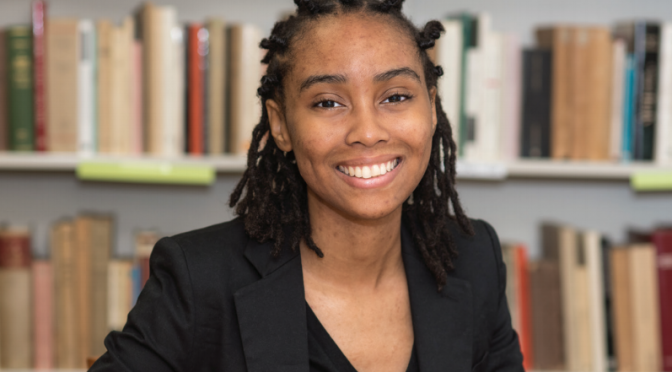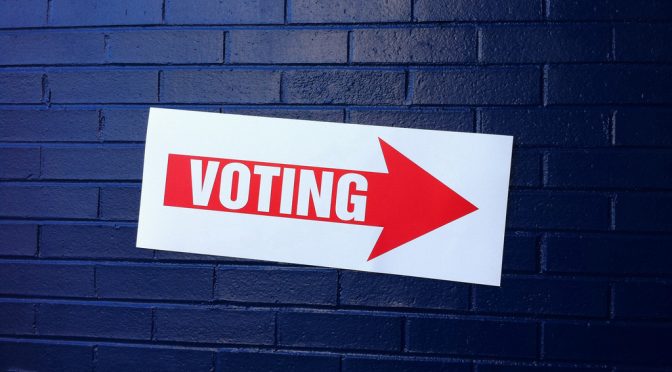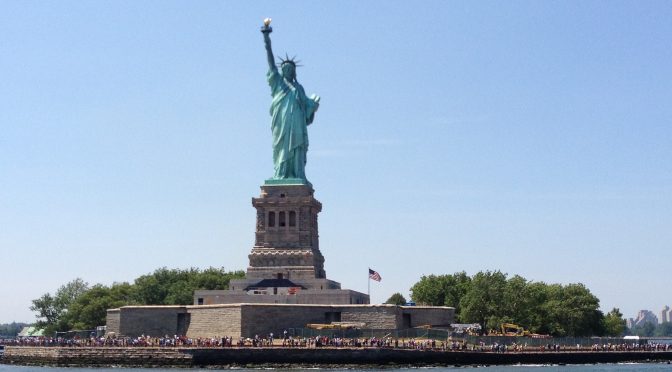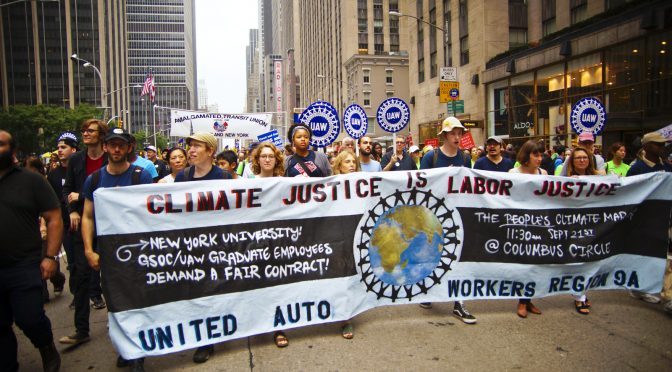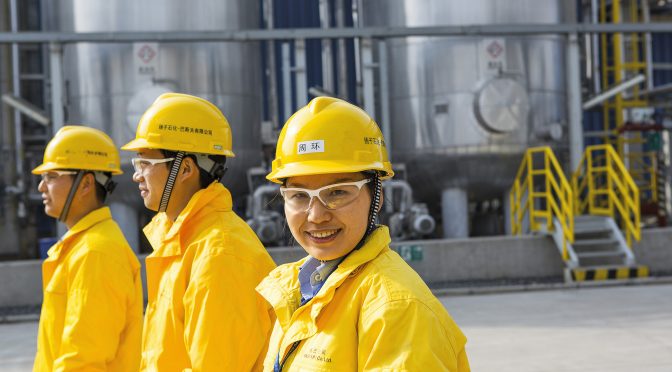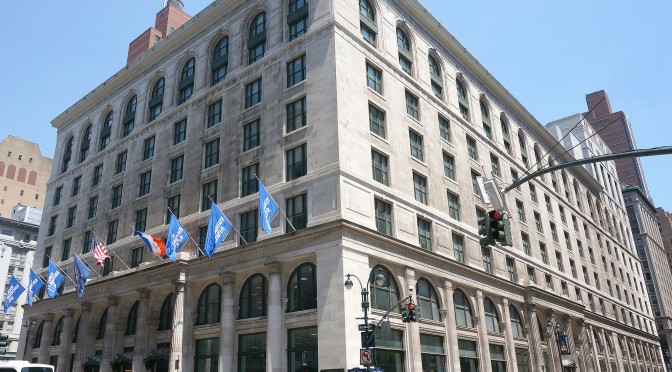To be eligible for the scholarship, you must apply and be accepted into one of our qualifying MA or BA academic programs.
MA or BA application Deadlines: February 6, 2017
For information about the MA and BA admissions or to RSVP for an Open House:
• Graduate students should contact Laurie Kellogg, Labor Programs Specialist, at 212-642-2055; 718-440-1550 or at Laurie.Kellogg@cuny.edu.
• Undergraduates should contact Cherise Mullings, Enrollment Specialist, Urban Studies, at 212-642-2059 or at Cherise.Mullings@cuny.edu.
Please attend an Open House at 6 pm on October 6th or October 27th at The Murphy Institute, 25 West 43rd St., 18th Floor, NYC.
Are You Ready to Make a Difference?
The Murphy Institute for Worker Education and Labor Studies at the CUNY School of Professional Studies (CUNY SPS) is pleased to announce the third year of their national scholarship competition, which is dedicated to supporting diversity in leadership in the labor movement and in labor studies.
Apply Today!
Application Deadline is: February 27th, 2017
If you’re seeking to make a difference, advocating for equity within the community, workplace, or the world, then the Joseph S. Murphy Scholarship for Diversity in Labor will help you achieve those goals. As a scholarship recipient, you will:
- Earn an MA in Labor Studies or BA in Urban and Community Studies
- Advance professionally and personally in a supportive environment
- Explore the dynamics of urban life, community empowering, and labor organizing
- Strengthen your ability to advocate for labor rights, stronger communities, and social justice
- Receive up to $30,000 for graduate study or up to $20,000 for undergraduate study
Eligibility Requirements
- For graduate scholarship: First-time entering students in the MA in Labor Studies degree program with a minimum 3.0 GPA
- For undergraduate scholarship: First-time entering students or continuing students in the BA in Urban and Community Studies degree program, with a concentration in Labor Studies and a minimum 2.5 GPA
For eligibility information and to apply, please click here or call /email Janet Leslie at 212-642-2083.
Application deadline is February 27, 2017

